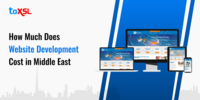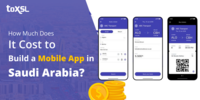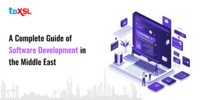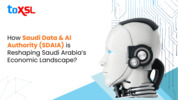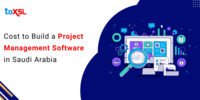- Oct 22, 2025
Share this post on:
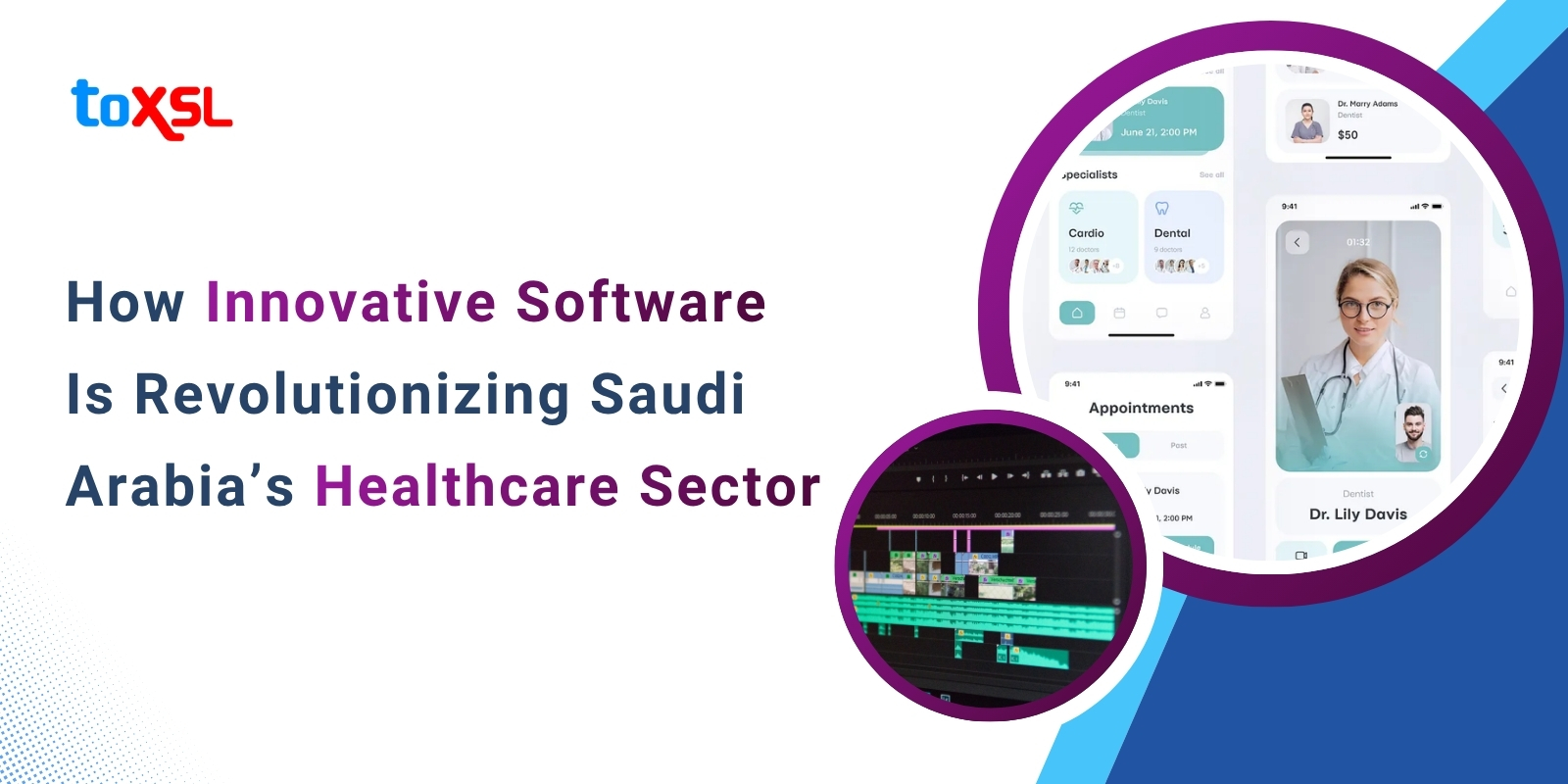
The healthcare industry of the Kingdom of Saudi Arabia is in the midst of substantial transformation, driven by the Saudi Vision 2030 initiative. Saudi Arabia stands at the forefront of healthcare transformation, driven by ambitious reforms under Vision 2030, the Kingdom’s roadmap for sustainable development.
Game-Changing Healthcare Innovation and Investment in Saudi Arabia: Reasons to Invest
The reasons to invest in Saudi Arabia’s healthcare sector in 2025 are strong and multiple, driven by government support, rapid sector transformation, and large-scale investments.
Massive Government Investment
Saudi Arabia plans to invest over $65 billion to develop healthcare infrastructure by 2030. The Government aims to increase and privatize healthcare sector participation from 40% to 65%, targeting 290 hospitals and 2,300 primary health centers, creating huge investment opportunities.
Growing Healthcare Market
The healthcare market size is estimated at $67 billion and expected to grow substantially, driven by a rising population projected to reach 45 million by 2027, and increasing demand for specialist and chronic disease care due to lifestyles and aging demographics.
Healthcare Sector Transformation Program
This program focuses on improving care delivery, integrating e-health services, and modernizing quality, developing a competitive, innovation-driven ecosystem for investors.
Digital Health and Innovation
Investments in telemedicine, AI diagnostics, health informatics, and biotech are rising rapidly. The digital health market is projected to grow from $1.3 billion in 2023 to $3.7 billion by 2030. This aligns with Saudi Arabia’s focus on tech-driven, efficient healthcare solutions.
Local and International Investment
Saudi investors have deployed over $8 billion, mostly in domestic ventures expanding hospitals and diagnostic services, but also investing globally to import advanced therapies and build local capacity.
Market Liberalization
Recent regulatory changes allow 100% foreign ownership of healthcare facilities, easing market entry for foreign investors and promoting public-private partnerships, which de-risk investments and promote growth.
Health Requirements
Most deaths (68%) happen because of long-term illnesses, such as diabetes and obesity. This means we need more healthcare services, ways to prevent sickness, and help to manage diseases for a long time. This need is making the healthcare sector grow.
Impact on Saudi Arabia’s Healthcare Landscape
ToXSL Technologies’ innovative software solutions have influenced multiple sides of Saudi Arabia’s evolving healthcare ecosystem, acting as a catalyst for enhanced efficiency, accessibility, and quality of care. The impact can be understood across several key dimensions, reflecting the comprehensive transformation taking place in the Kingdom's healthcare landscape.
Enhancing Healthcare Accessibility
One of the most important impacts of digital healthcare innovations is the massive change in access to medical services, mainly for populations in remote regions. Using custom-made telemedicine platforms and mobile health applications, patients can consult with healthcare professionals without any transportation. This shift increases healthcare reach into rural areas, ensuring that more citizens across Saudi Arabia receive timely medical attention.
Streamlining Operational Efficiency
Healthcare software solutions help the healthcare sector address well-established inefficiencies in clinical and administrative workflows. Healthcare providers experience reduced paperwork, fewer errors, and optimized staff allocation by automating patient registration, appointment scheduling, electronic health records (EHR) management, and billing processes.
Driving Data-Driven
The deployment of advanced data analytics and reporting tools by ToXSL has empowered healthcare sectors across Saudi Arabia to harness their data effectively. With customizable dashboards, businesses can identify trends, monitor key performance indicators, and implement evidence-based practices with greater precision. This data-driven approach translates into improved diagnostic accuracy, personalized treatment plans, and proactive management of chronic diseases.
Supporting Preventive
Given the high prevalence of chronic conditions such as diabetes and cardiovascular diseases in Saudi Arabia, patient engagement and remote monitoring applications play an important role. These digital tools encourage patients to adopt healthier lifestyles and participate actively in their own care journeys.
Facilitating Private Sector Growth
Healthcare software innovations also help the Kingdom’s strategic objective to increase private sector participation in healthcare. By offering scalable, customizable healthcare IT solutions, we, at ToXSL, have lowered the barriers for private healthcare providers and startups to enter the market and operate efficiently. Our software solutions foster a competitive healthcare landscape that encourages innovation, improves choice for patients, and alleviates pressure on public systems.
Navigating the Challenges of the Healthcare Sector
Effective leadership is important in order to offer high-quality patient care. Here are a few challenges in the healthcare sector:
Access to Healthcare
One of the biggest problems is that not everyone can get healthcare easily. In many places, people live far from hospitals or clinics. They may not have transport or money to visit doctors. This means some patients get help late or not at all. Healthcare should be for everyone, rich or poor, city or village. When people don't get healthcare on time, diseases become worse or even deadly.
Shortage of Healthcare Workers
Doctors, nurses, and other health workers are the heart of the healthcare system. But many countries face a big shortage of healthcare staff. There are not enough doctors or nurses to treat all patients. This shortage happens for many reasons. Some workers retire, others leave their jobs due to stress, and many areas do not have enough training schools for health professionals.
Rising Healthcare Costs
Healthcare can be very expensive. The cost of medicines, advanced tests, surgeries, and hospital stays keeps increasing every year. For some families, paying for healthcare means making hard choices like not buying food or education. Healthcare providers also find it difficult because running hospitals and buying new technology is costly. When costs rise, it becomes harder to give good care to all.
Digital Transformation
Technology can improve healthcare a lot. Things like electronic medical records and AI-based diagnosis help doctors give better care. But many healthcare systems find it hard to adopt new technology smoothly. Some hospitals have old systems or don't have enough trained staff to use new tech. Also, integrating different healthcare software so they talk to each other is difficult.
Data Security and Privacy
With more digital tools in healthcare, protecting patient information becomes very important. Medical data is very private and sensitive. If hackers or cybercriminals steal this information, it can harm patients. Cybersecurity threats in healthcare are growing. Hospitals and clinics are often targeted by ransomware attacks that block their systems and demand money. Such attacks can delay treatment and put lives at risk.
Healthcare Inequality
Healthcare problems are worse for people who have less money, education, or who live in marginalized communities. Factors like poor living conditions, lack of awareness, and social discrimination impact health outcomes. This inequality means some groups have higher rates of illness and death. To build a good healthcare system, it is necessary to address these social causes and ensure equal healthcare access for all.
Conclusion: Our Promise at ToXSL Technologies
At ToXSL Technologies, we are proud to improve healthcare with our innovative software solutions and apps. Our team ensures to creation of easy-to-use and strong technology to solve the challenges that occur during healthcare software solutions. We have developed tools such as online doctor visits, health monitoring apps, and digital records that make healthcare simple and quick for everyone. Our goal is to support Saudi Arabia’s Vision to make health services better for all people. So, if you are a business that wants to expand in the Kingdom, look no further than ToXSL Technologies. Wondering how we can help you enhance your business? Feel free to contact us and learn how our solutions can help you stay ahead of the competition.
Frequently Asked Questions
1. What does ToXSL Technologies do for the healthcare sector?
ToXSL Technologies develops special software and mobile apps that help hospitals, doctors, and patients. Their tools make it easier to book appointments, do online doctor visits, keep patient records safe, and manage health information quickly.
2. How does ToXSL help patients with healthcare apps?
ToXSL builds apps that let patients talk with doctors online from home. These apps can remind patients about medicines, help track their health, and give useful health information, making it easy for people to stay healthy.
3. Is the data kept safe using ToXSL software?
Yes, ToXSL puts strong security measures in place to protect patient data from hackers or leaks. They follow strict rules to make sure all medical information stays private and secure.
4. Can ToXSL’s software work for different healthcare providers?
Yes, ToXSL creates customized software that fits the needs of different hospitals, clinics, and healthcare companies. Their solutions are flexible and easy to use.
5. How does ToXSL’s technology support Saudi Arabia’s health goals?
ToXSL’s digital tools help Saudi Arabia reach its Vision 2030 health targets by making healthcare more accessible, improving patient care, supporting telemedicine, and encouraging the use of new technology.
6. Does ToXSL help with managing chronic diseases?
Yes, ToXSL builds apps that help people with long-term illnesses like diabetes or heart problems by allowing them to monitor their health regularly and communicate with doctors easily.
